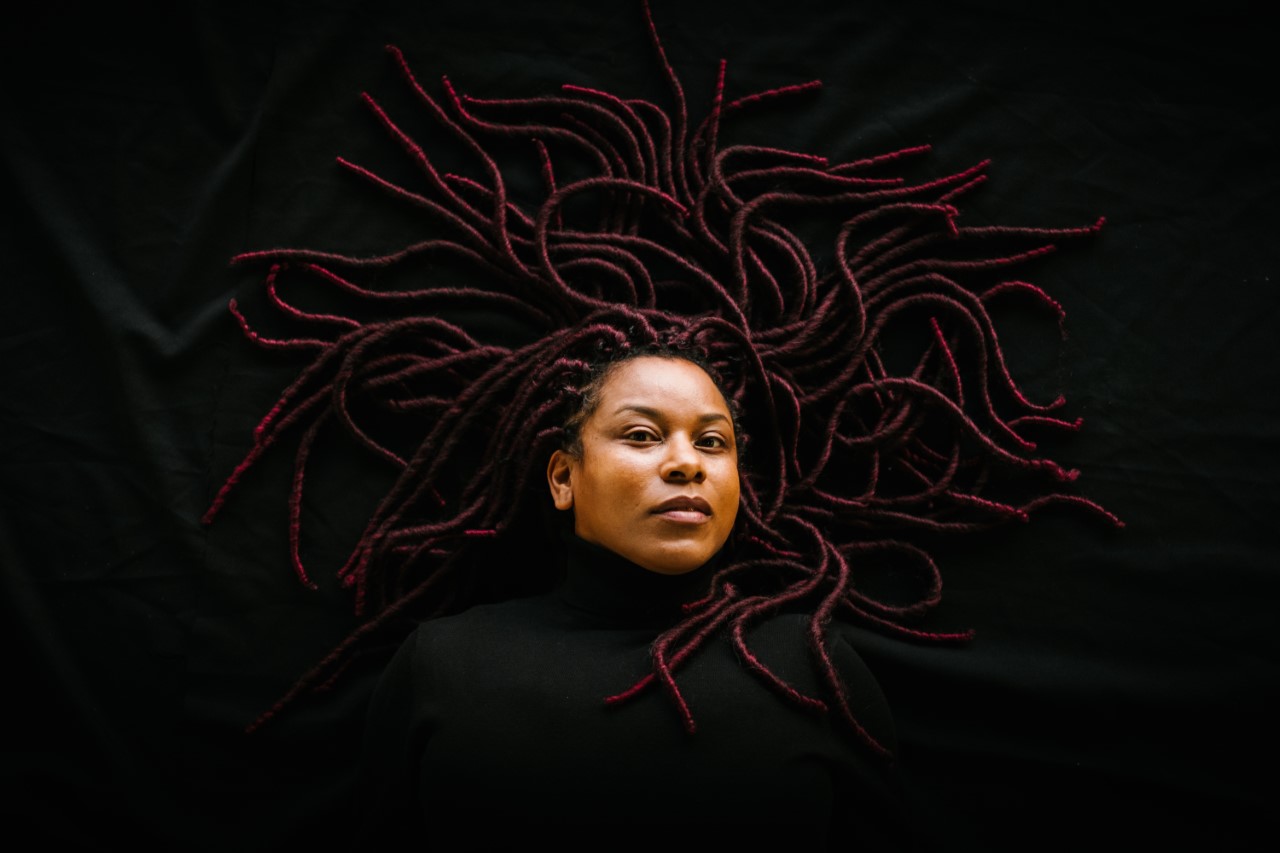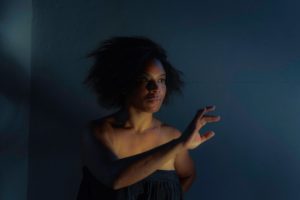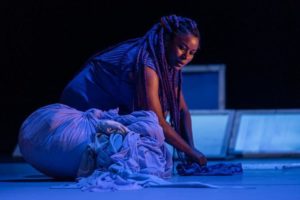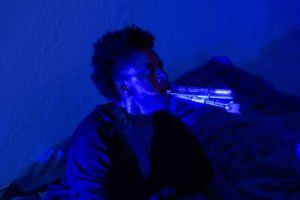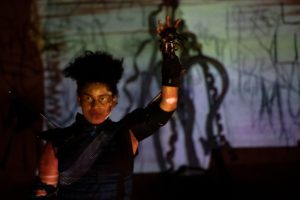Zia Soares is a theatre director and interdisciplinary artist
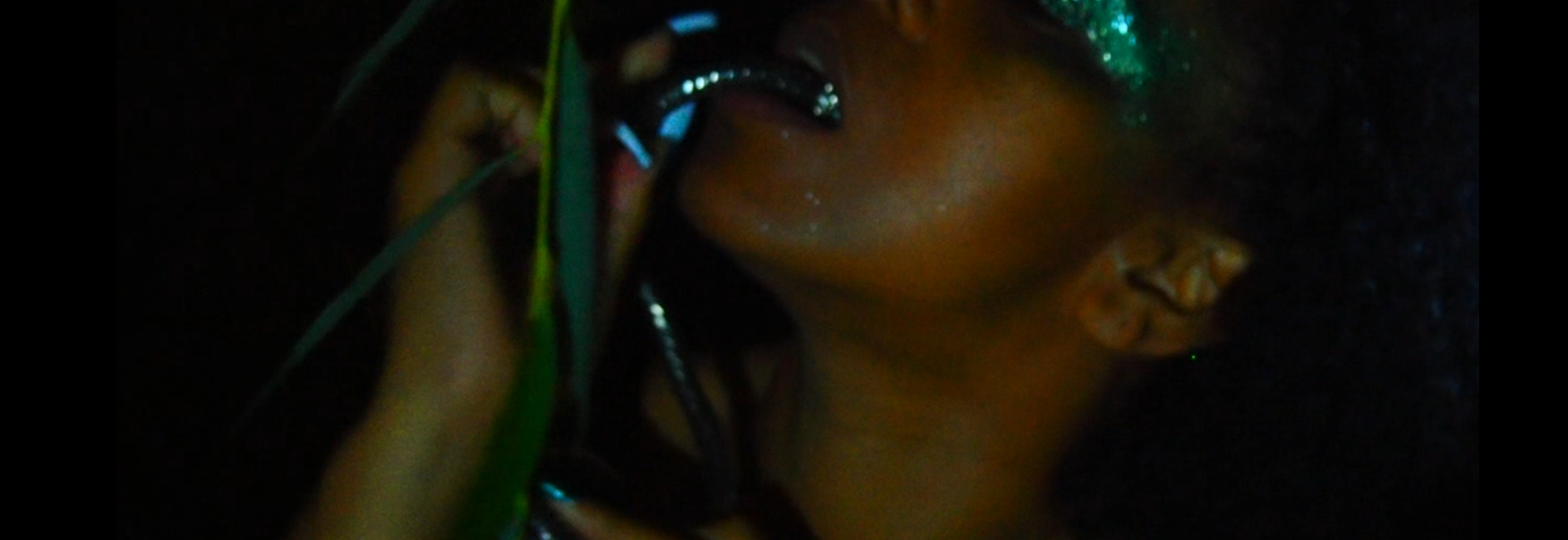
0
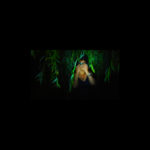
Zia Soares
Lisbon, Portugal
Zia Soares is a theatre director and a performer. Daughter of an Angolan mother and a Timorese father, Zia Soares was born in Bié, Angola, and lives in Lisbon, Portugal. Her work is developed between Africa and Europe.
She attended the Philosophy Course at the School of Arts and Humanities at the University of Lisbon and the MA in Scenic Arts at the NOVA University of Lisbon – School of Social Sciences and Humanities. At the beginning of her artistic career, she also worked in ballet and percussion with the National Ballet Company of Guinea-Bissau, and in theater, with the Theater Company “Os Sátyros”, from Brazil, and with Teatro Praga from Portugal, having been one of the founders of the company, where she developed projects as artistic director, director and actress. From 2010 to 2022 she was artistic director of Teatro GRIOT, where she remains a director and actress. Zia Soares is the first black woman artistic director of a theater company in Portugal. She is also co-founder and artistic director of Sowing_arts, an organization which promotes projects with a particular focus on the intersection of the arts with issues of intersectionality, botany, feminism and agroecology, and science and technology.
In 2018/2019 she created and directed the first performances produced and performed exclusively by black women in Portugal – Gestuário I, produced by INMUNE (The Institute for Black Women in Portugal); and Gestuário II, co-production INMUNE/ BoCA – Biennial of Contemporary Arts. Of her most recent stagings, stand out: O Riso dos Necrófagos, authored by her, co-production Teatro GRIOT and Culturgest, which was distinguished as “Best Show 2021/22” within the scope of the International Prize of Teresa Pamodoro (Milan, Italy); Uma Dança das Florestas, by Wole Soyinka, co-production Teatro GRIOT and São Luiz Municipal Theatre; and FANUN RUIN, authored by her, and co-produced by Calouste Gulbenkian Foundation and Sowing_arts.
Her work is developed in close collaboration with trans and interdisciplinary artists such as António Castelo, Kiluanji Kia Henda, Mónica de Miranda, Neusa Trovoada or Xullaji. In cinema, she worked with António Castelo, João Botelho, Uli Decker, Pocas Pascoal, Pedro Filipe Marques or José Barahona.
She runs Performing Arts Workshops with the black communities that live in municipal neighborhoods and intervenes as a lecturer and guest speaker at various events promoted by artistic and academic entities.
In 2022, at the invitation of the President of the Portuguese Republic, she joined the program “Mulheres de Coragem”. In the same year she was distinguished by the Association of Women Entrepreneurs Europe/Africa in the field of acting, and by the Bantumen Powerlist as one of the 100 most influential black personalities in Portuguese-speaking countries in 2021 and 2022.
Zia Soares is an artist supported by apap – Feminist Futures, a project co-funded by Creative Europe Program of the European Union.
“From very early, I developed strategies to move between territories, physicals and symbolics, and I became increasingly skilled in the construction of transgression mechanisms. This structuring of myself forces me to transit the world in a state of extreme lucidity and many times to such a point that can not be differentiated from delirium. The work I’ve been developing, in collaboration with diverse artists, is based on my willingness to experiment transgression strategies on the place of performance, questioning its borders, opening spatio-temporal discontinuities, relating: images, gestures, sounds, speeches, that potentially, can derive on scene. I am interested in the polysemy that is established in the impossibility of archiving memories.”
